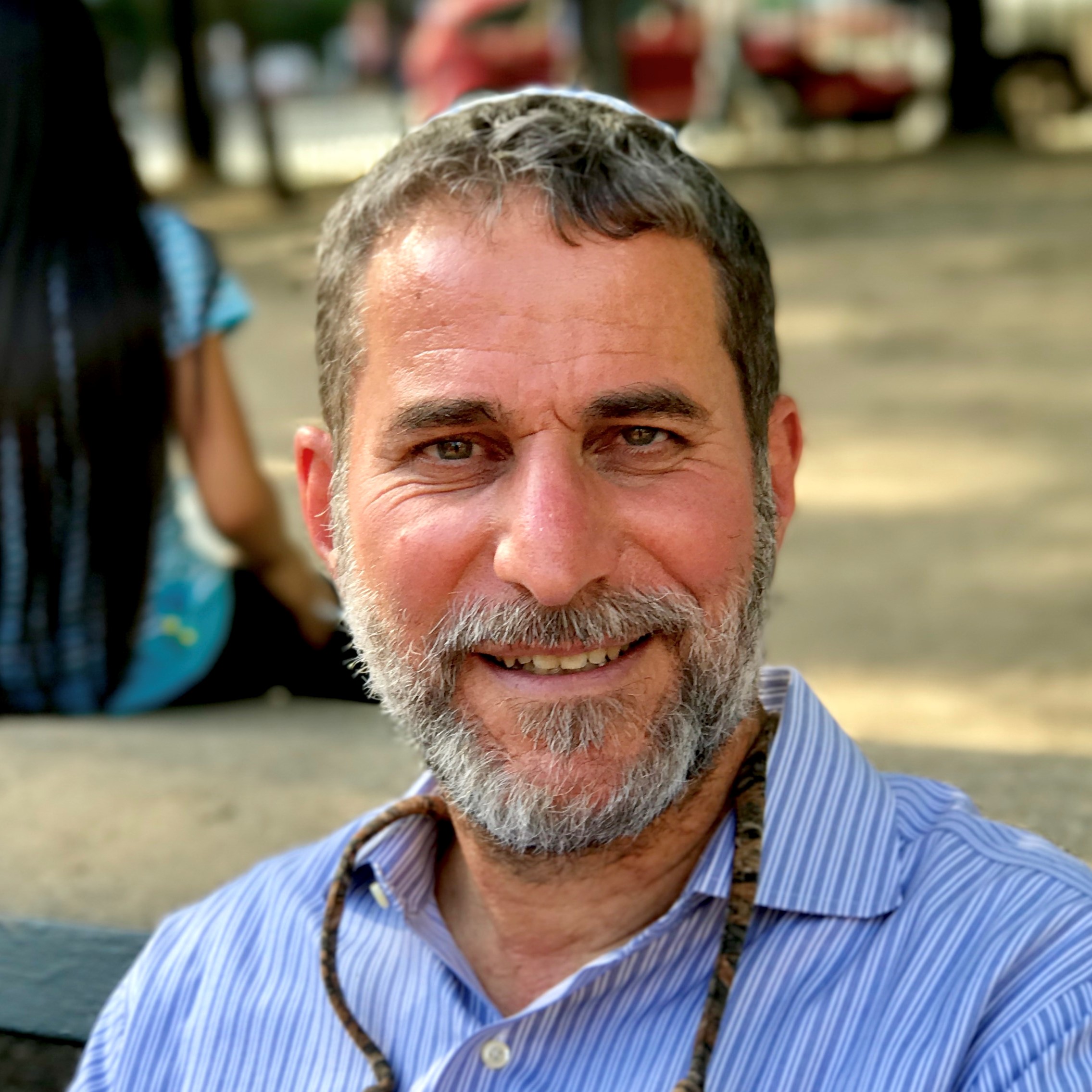Beit Midrash
- Torah Portion and Tanach
- Bamidbar
- Masei
Our second Sedra of Matot maps the route of Am Yisrael from Egypt to the threshold of Israel. There are 42 encampments along the way; in many shuls these stops are chanted by the Torah reader in a special tune. Yet I would guess that most people listening tend to just gloss over the names of these different stops, for what possible relevance can they possibly have to us today? Do they mean anything beyond a list of long-lost locations?
I suggest that, like every other word in the Torah, they have cosmic, eternal significance. Note that the g’matriya of 42 is "bam," as in "v’dibarta bam" – you shall speak of them. I believe Hashem is hinting to us how important it is to take the time to review the stops each of us have made in our own personal life journey & to consider what we’ve learned on that journey, how we’ve changed, & if we grew closer to G-d as we made our way from place to place.
Some of these junctures were happy moments in our life: Mitka connects to "matok," sweet; Har Shafar is a mountain of improvement. Some places represent fear or anxiety; Charada is trepidation; Ovot is downright ghostly.
But let us focus for just a moment on the quote I began with. Mara, I suggest, can refer to those bitter times when we felt frustrated, when life seemed hopeless and devoid of any real joy. Maybe it was due to the loss of a loved one, perhaps it was our confronting own failings that sent us into despair & took away our zest for life. "How could we possibly go on to the next stop?" we asked ourselves.
The answer lies just down the road. For there we found 12 springs of water. These to me represent the 12 Tribes, our fellow Jews. When we start to lose hope & become lonely, we need to connect with our community, our neighbors & our friends, for there is strength in numbers. We can’t always do it on our own; but as part of an extended family we will find the strength to go on.
And if that is not enough, there are 70 palm trees waiting just ahead. These are the 70 z’kenim, the elders, the sages, the teachers, the rabbis, those special people who have acquired extraordinary wisdom along their own journey. They can inspire & educate us, they can help us navigate the path we’re on, so that we arrive safely at the destinations of Kedusha, Emuna and the Promised Land.
Corona may unfortunately be limiting our travels these days, but a trip down memory lane may just turn out to be the best vacation that we’ve ever had.






















